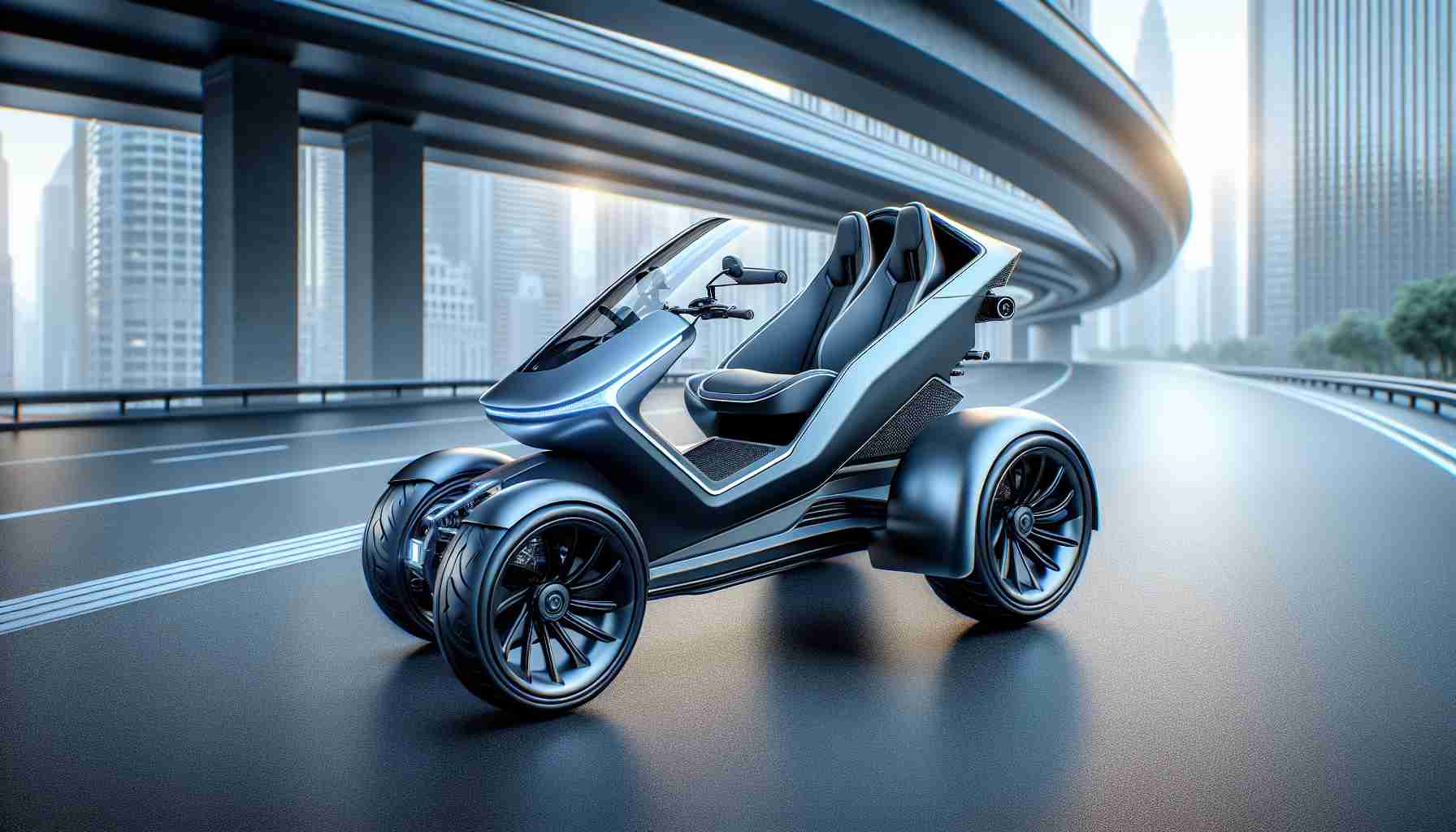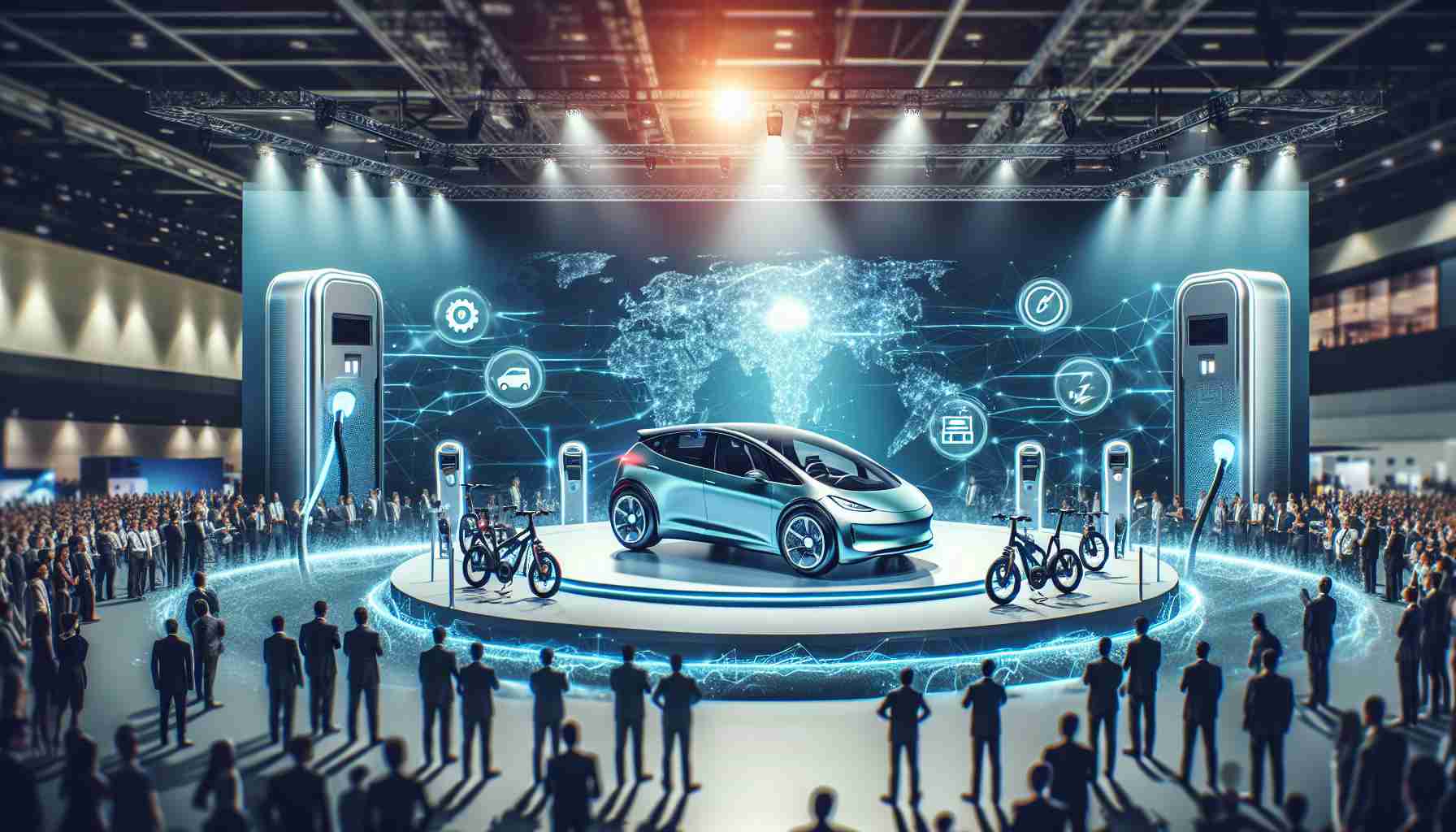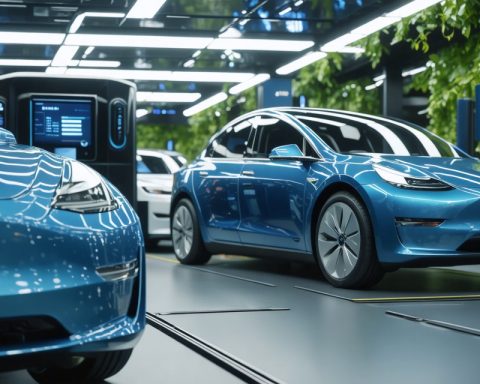Electric Vehicle - Page 180
An electric vehicle (EV) is a type of automobile that is powered by one or more electric motors, using electrical energy stored in batteries or other energy storage devices. Unlike conventional vehicles that are powered by internal combustion engines using gasoline or diesel, electric vehicles use electricity as their primary source of energy. EVs can be charged from various power sources, including home charging stations, public charging infrastructure, and renewable energy systems. They are known for producing zero tailpipe emissions, which contributes to reduced air pollution and lower greenhouse gas emissions compared to traditional fossil fuel-powered vehicles. Electric vehicles are available in various forms, including all-electric vehicles (BEVs), which operate solely on electric power, and plug-in hybrid electric vehicles (PHEVs), which combine an electric motor with a gasoline engine. The rise in popularity of electric vehicles is driven by advancements in battery technology, increasing environmental awareness, government incentives, and the shift toward sustainable transportation.



















